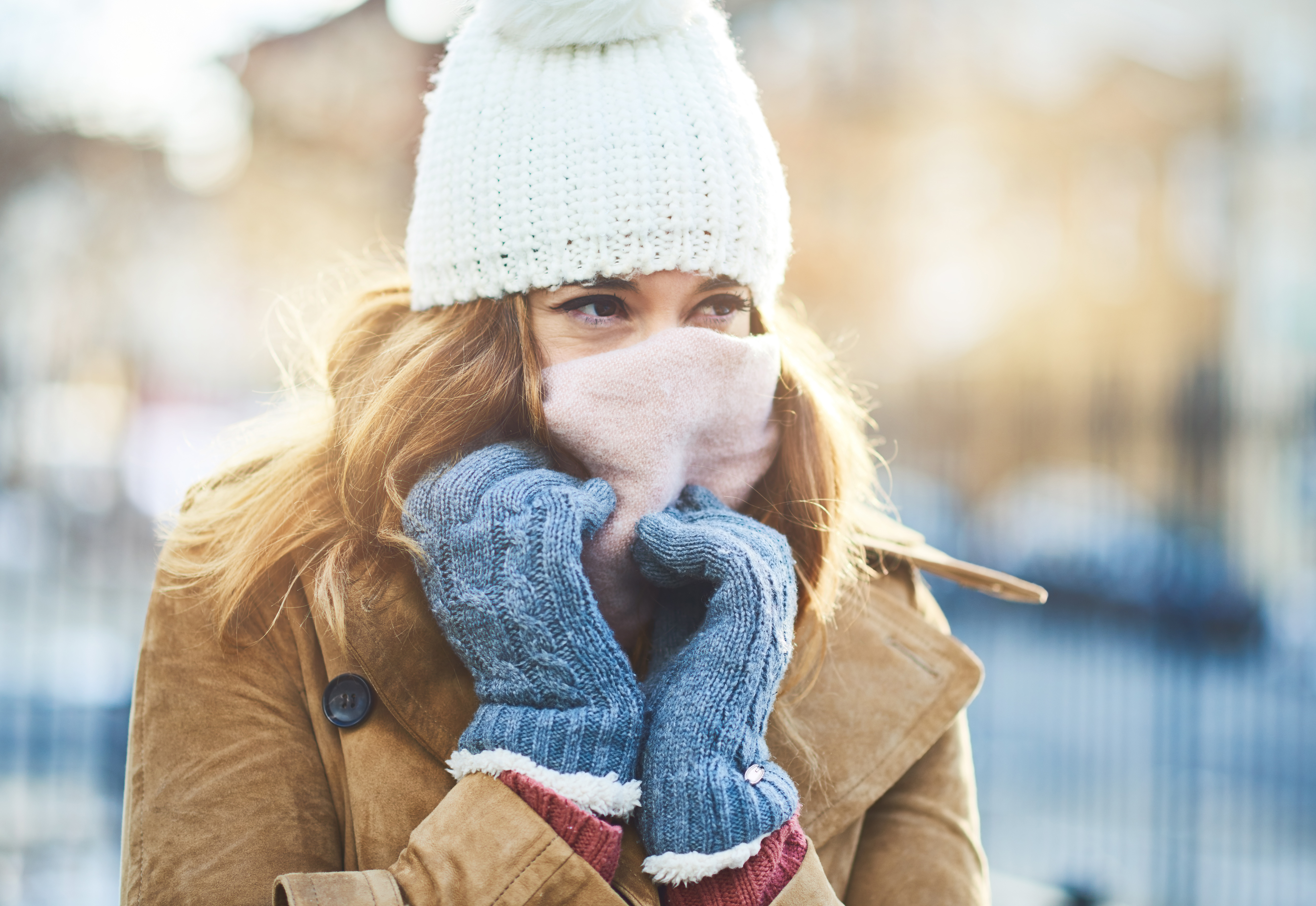
Eric Handler, DO, FACEP, Chairman of Emergency Medicine at Cooperman Barnabas Medical Center, provides some prevention tips so that you can minimize your risk of winter injuries and illnesses this year.
RISK: Viral and Bacterial Infections
Flu, Covid, and RSV rates all peak in these winter months, along with other infections like colds, gastrointestinal bacteria, and strep throat. Dr. Handler reminds us that there is a new RSV vaccine available for adults 60 years and older.
PREVENTION:
- Wash your hands frequently. It is an especially good idea after shaking hands with anyone and after touching public surfaces, like door handles, grocery carts, or electronic screens, shares Dr. Handler. In addition, avoid touching your eyes, nose, or mouth as much as possible.
- Get vaccinated. It will reduce your chances of catching illness, and if you do, you are less likely to become seriously ill.
- Take care of your health. Dr. Handler suggests building up your immune system by following a nutritious diet and getting enough sleep every night.
- Be wary of large gatherings. The more people an individual interacts with at a gathering and the longer that interaction lasts, the higher the potential risk of becoming infected with an illness. Alternatives that Dr. Handler mentions include wearing a mask, hosting an outdoor gathering, or keeping it virtual.
RISK: Falls on Ice
Dr. Handler shares that ice is not just responsible for falls that cause people to suffer from head injuries and bone fractures, but they can also cause death.
PREVENTION:
- Be alert. Don’t trust your eyes says Dr. Handler. If the temperature is below freezing, assume that surfaces are slippery.
- Wear proper footwear. Make sure that your outside footwear has good traction, ideally with rubber soles and treads.
- Take extra precautions. Consider using a cane or walking stick to help you navigate the conditions or ask your friend for an arm to lean on. Take extra care if you are older.
RISK: Hypothermia and Frostbite
Hypothermia occurs when you have an abnormally low body temperature due to prolonged exposure to cold temperatures. Dr. Handler notes that warning signs typically include shivering, exhaustion, and confusion. Frostbite is the freezing of body parts which can be indicated by numbness and white patches of skin, like in your fingers and toes. If either condition occurs, they both need immediate action, states Dr. Handler.
PREVENTION:
- Dress warm. Layer up, and make sure to put on a hat and wear gloves. If your clothing gets wet, immediately change it.
- Don’t drink alcohol and then spend time outside. When impaired, it is not always easy to tell when you are getting cold, and possibly hypothermic.
- Check on friends and relatives. Even if you are inside, if the heat isn’t working, they can become hypothermic, informs Dr. Handler.
RISK: Overexertion/Heart Attacks
Recent studies have indicated a physiological link between colder temperatures and heart risks, Dr. Handler mentions.
PREVENTION:
- Stay warm. Cold temperatures can slow down blood flow and potentially lead to blood clots.
- Be careful when shoveling. Dr. Handler states, if you’re age 55 or older, out of shape and go outside in the cold and start doing strenuous upper body exercise, like shoveling, you’re at risk of having a heart attack. If snow blowing, don’t put your hand in or near the machine to remove snow.
- Be mindful about holiday celebrations. Heart attacks spike during the holiday season, whether from dietary overindulgence or because people push aside getting checked for troubling symptoms.